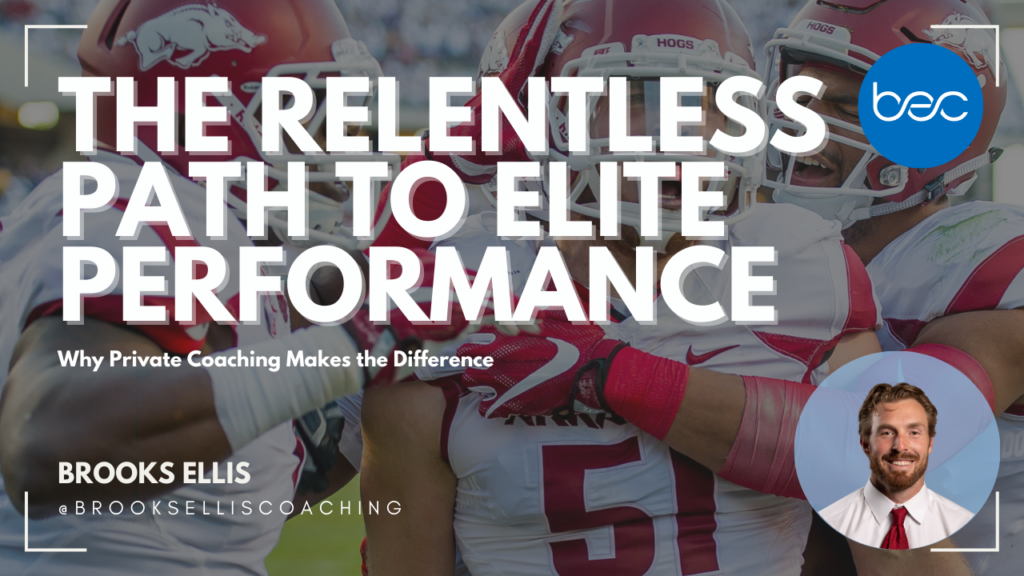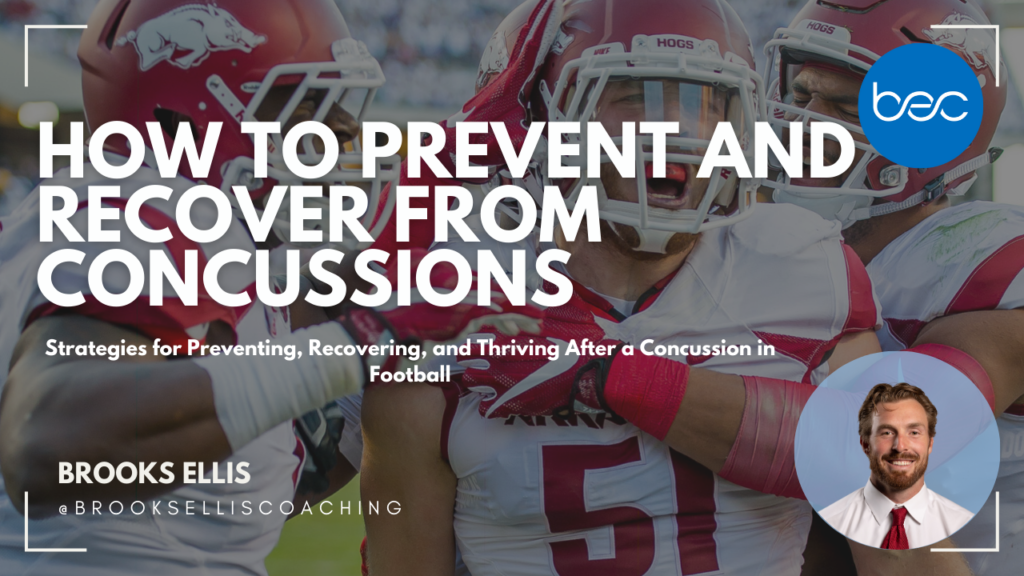The cost of being an elite player is significant.
It requires considerable sacrifice, which some aren’t willing to make. It requires not some but all of your focus to be directed in one singular direction, constantly letting go of distractions to accomplish your goals.
Going the Extra Mile: The Elite Mindset
Elite players are eager to go the extra mile, often against the grain of social norms, to find success. And early success isn’t good enough. They want to leave a legacy far beyond one big win. Sometimes, unconsciously, they see their joy in the growth, the work they put in, and finding better ways of doing things. They know success is a false indicator of success and are never satisfied with one win. They want all the wins and will do whatever it takes to stay on top.
Average Players vs. Elite Players
Most players, average players, go through the motions. They rely on their talent to get them through. They’re the best on their team, so they begin to coast, trusting their abilities will allow them to prevail. When things get hard, they complain and blame others. When things are going well, they puff out their chests boastfully and proudly about their incredible efforts, often falsely claiming they deserved success due to their work ethic.
Elite players know that it’s not about one win, and it’s not about them. They know that without the right help, they will never get to where they want to go. Good athletes think they’ve made it when they win. Elite athletes know one win is just the beginning; they’ve never made it, and someone’s always gunning for their position at the top. They seek opportunities to improve. This is what sets them apart.
Why Elite Athletes Seek Private Coaching
If you want to be elite, you must get a private coach. There’s no way around it.
Look at any sport worldwide, and you’ll find private trainers constantly honing their athletes’ skill sets and mindsets to help them handle the pressure of higher competition and skill levels.
Learning from the Best: Real Examples of Private Coaching
Look at some of the NFL’s greatest players… Tom Brady had a private QB Coach, a health and wellness guru, and a team of people supporting his performance. Derrick Henry, most likely the NFL’s last HOF running back, spends $250,000/year on health and wellness. Patrick Mahomes uses a private coach in Kansas City.
CEOs like Steve Jobs (Apple), Eric Schmidt (former Google CEO), and Marc Benioff (Salesforce) all worked with coaches like Bill Campbell, John Mattone, and Tony Robbins to hone their skills for elite performance that continues to produce results.
Why Team Coaches Can’t Do It All
This isn’t a knock against team coaches or leaders. Any head coach worldwide in any sport has one goal—winning games. Their job is to win, so whether it’s by acquiring the best players or developing the players they have, they’ll do what it takes to win, sometimes at the expense of developing their current players. With limited time and often limited resources, development frequently takes a back seat.
The System and Human Nature
In today’s athletic culture, coaches benefit from a nearly unlimited pool of players across the region. Athletes can move in and play at the rival school down the street without any lag in playing time. If this is the case, what’s the incentive to spend time developing players requiring much more resources than they’re willing to expel? It’s much easier for them to select better talent who can play right away than to put the work into developing kids with an unknown, but likely lower, ceiling than the talented player next door.
It’s not the coach’s fault. It’s the system. And it’s human nature. When we have a job to do, we would be dumb not to seek the easiest route to success. All humans want to be successful at the lowest cost in time, energy, and resources. This is the definition of progress. Things become easier at a lower cost. We build skills, find better ways of doing things, and adapt. It’s human nature to make things easier for ourselves. It helps us to do more of what we want and less of what we don’t.
Private Coaches: The Key to Individual Growth
A coach becomes more successful and more powerful the more efficient they become. The formula for power is work over time, exertion over time, and energy expended over time. The more power we have, the more we are winning in the shortest amount of time, low delta-T. Or it means we are inputting more work in the same amount of time, resulting in greater outcomes. For a coach, finding better talent within the confines of the rules and building a more talented team are the quickest ways to victory. It would be dumb not to utilize this strategy.
In contrast, a private coach’s job is athletic development and higher individual performance. Their job is not to see the team win but to help their clients improve, see consistent progress, and learn that the more work they put in, with expert guidance directing their efforts, the more results they will see. They create the framework for growth, and given an athlete who will do anything to succeed, the potential for their growth is unlimited.
Why Private Coaching Sets Elite Athletes Apart
Every athlete who wants to be great at their sport seeks private coaching because it provides an avenue for optimal growth that team sports don’t offer. Your job as a team player is to support the team. Your job as an individual on a team is to be the best player you can be, which requires sacrifice outside of the work you put in with your team.
In team sports, you leave it up to chance if you don’t put extra work into developing yourself. It’s simply not enough to just do what you’re told. The best players are constantly watching more film, fine-tuning their technique, and spending more time in recovery. If you’re not, you’re not doing your part. Coaches want players who go above and beyond.
Avoiding Complacency as a Top Player
Further, if you’re the best player on the team, then coaches aren’t concerned about your development, and you’re given the ball no matter what you do. Your effort, therefore, diminishes because there isn’t a challenge for you to overcome. Coaches could provide more coaching if you’re not practicing to your standard, but their energy would best be spent elsewhere, in coaching other, less talented players, the middle 70%. The top 20% have no impetus to do more because they’re already the best. Again, human nature seeks the easiest route to success.
The best players need training, too. Their competition is obviously not strong enough, but that doesn’t mean you don’t have competition. Your competition is elsewhere, the team across the highway, in the other state, or on the other side of the country. Relying on your team’s training to prepare you for national competition is no recipe for success.
Private Coaching: Focused on Growth Over Wins
A private coach is critical because their job is not tied to wins but growth. If you’re serious about your athlete’s continued development, private coaching is required. It means you’re serious about your athlete’s performance, as are they. The decision to train outside of your school’s training automatically sets you apart from the pack, and the results will pay off even more than the results on the field.
Building a Unique Work Ethic and Inner Strength
Through consistent private training, they’ll develop an undeniable work ethic and unique inner toughness. Most people go through the motions and do what they’re told. Most people accept their position in life and do nothing about it.
Not you.
You aren’t satisfied with the status quo. You aren’t satisfied with good enough.
Invest in Your Future: The Path to Greatness
What satisfies you? Knowing you’re different and doing what it takes to be great.
Want to be elite? Invest in private training and develop your athlete’s willpower, resilience, and work ethic. Through the pain of willingly undergoing challenging circumstances in private coaching, you uncover what prevents you from success, discover who you are, let go of who you aren’t, and become all you could be.
Invest in private training today and see the dramatic difference in your athlete’s performance, confidence, and potential.
Click here to sign up for a free consultation.






